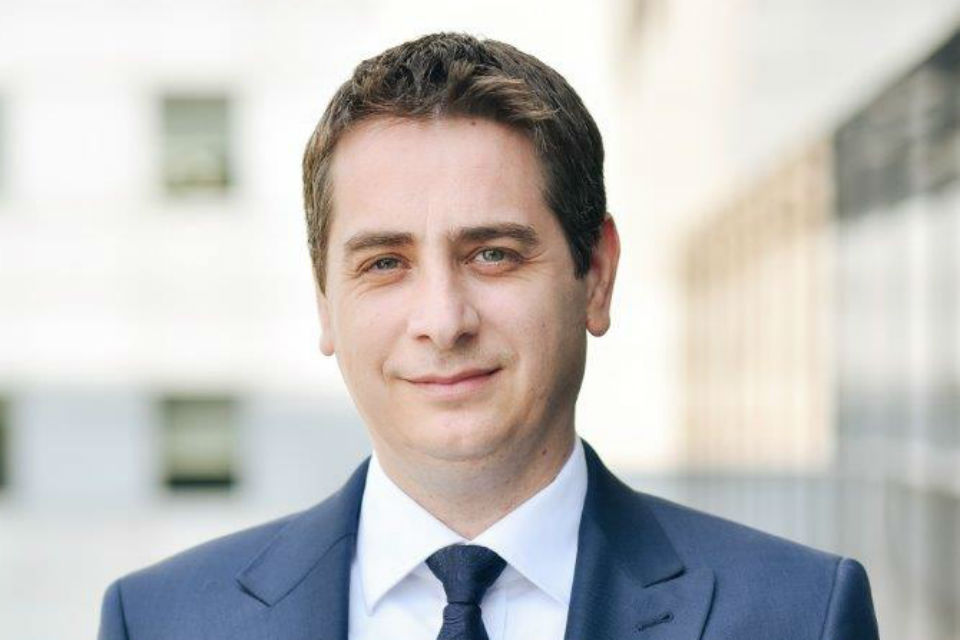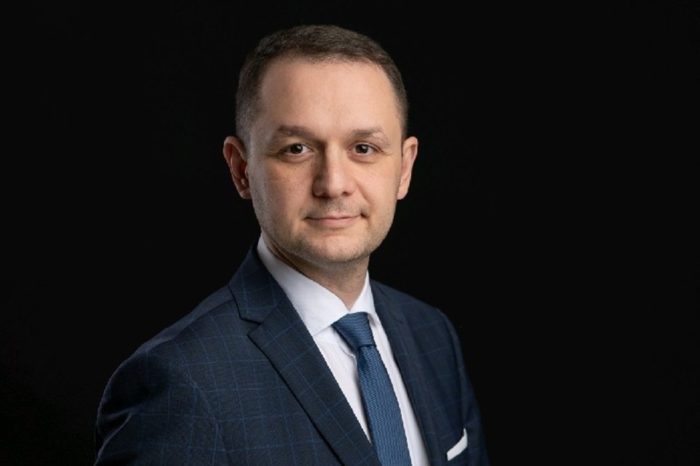Deloitte: Growing optimism regarding economic evolution in Central Europe

The optimism regarding the economic evolution in Central Europe is growing, according to the latest Deloitte Central Europe Private Equity (PE) Confidence Survey, as the share of respondents who expect overall economic climate to improve went up to 42 percent, from 15 percent, in the summer of 2023. Equally positive is the halving of those expecting the backdrop to worsen (to 20 percent, down from 40 percent in June 2023). The confidence index has continued its rise for a third consecutive semester and went from 58 in June 2022 to 107 at the end of 2023.
Such sentiment is driving confidence around market activity, with half of respondents (49 percent) expecting transaction volume to increase in 2024, double compared to six months ago. Deal doers are overwhelmingly confident that 2024 will be a good year for investments (86 percent), and nearly half of them expect to focus on new investments.
“While 2024 will remain challenging, we expect to see intense activity in the PE market segment, driven by positive economic sentiment. The region has numerous opportunities to offer to investors and Romania is definitely one of the growing markets which has proven its ability to provide the suitable environment for deal doers, whether in terms of enhancing companies’ digital capabilities or expanding their geographic footprints and offerings. The recent exit from Profi announced by MidEuropa is one of the eloquent examples. ESG factors are also increasingly important and can impact valuations, but at the same time represent an area that can drive value growth for private equity firms’ portfolios,” said Radu Dumitrescu, Financial Advisory Partner-in-Charge, Deloitte Romania.
CE private equity houses also expect liquidity to improve, with nearly a third of them (29 percent) anticipating an increase in debt availability. The study also points out that lending in the region tends to take place in euros, even where the target company is based in a country with a sovereign currency.
In terms of companies in which PE firms choose to invest, 52 percent of deal-doers expect competition to be highest for market leaders, down from 64 percent in the summer of 2023. A spotlight is now being cast on middle-size growing companies, with 38 percent of deal doers expecting them to be most in demand. Start-ups remain the least attractive targets, with only a tenth of respondents (9 percent) expecting them to be the most competitive.
Vendors seem to have stabilized and even softened their pricing expectations, as 46 percent of respondents feel prices stayed the same in the second half of 2023 and 38 percent of them even feel they had come down. Looking ahead, 40 percent expect they will remain flat over the next 12 months.
The study shows that more PE deal doers in CE see ESG (environmental, social, governance) factors as part of investment decision considerations, as two-thirds of them have ESG investment policies (52 percent) or ESG improvements post-deal (17 percent). Also, the share of those who made commitments towards climate neutrality went up from 34 percent (in June 2023) to 42 percent.
The technology capabilities of the target company also have a significant impact on the transactions in which private equity firms are involved, as 26 percent of respondents consider that technology, IT, and cyber security aspects are critical during the due diligence process, while another 31 percent see them as highly important.















